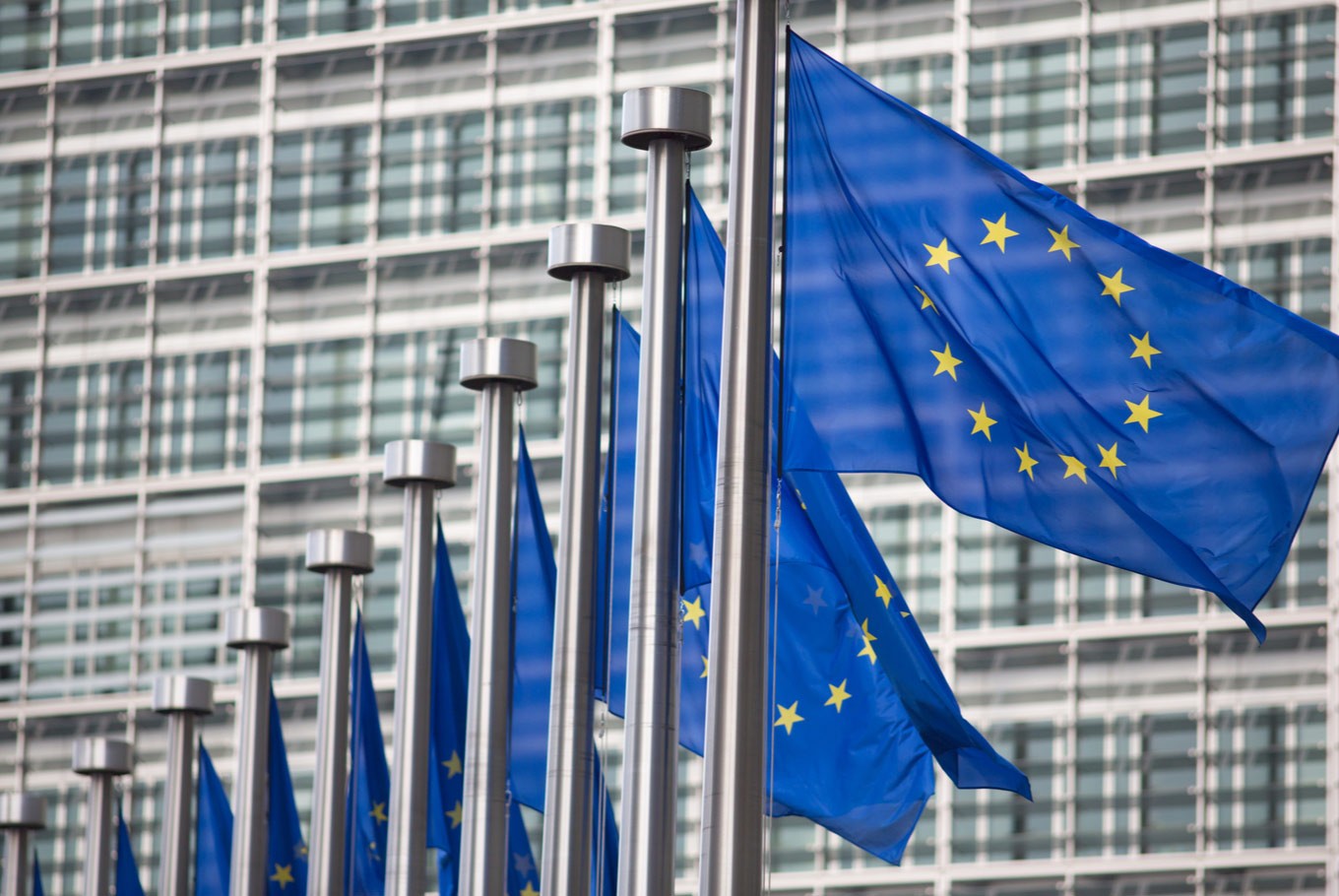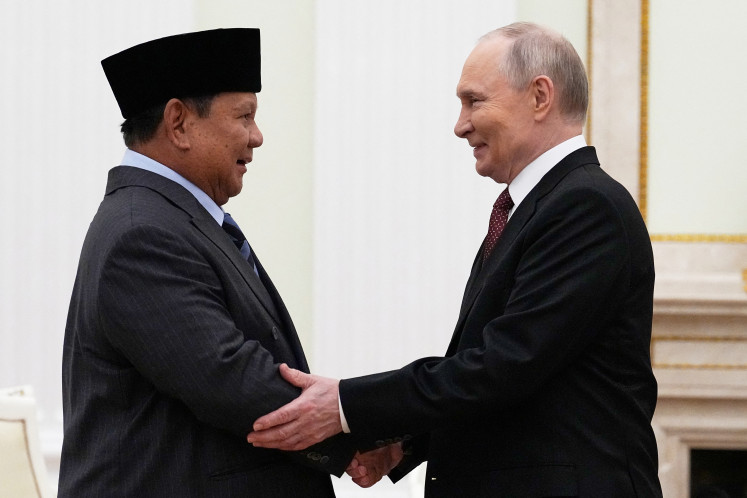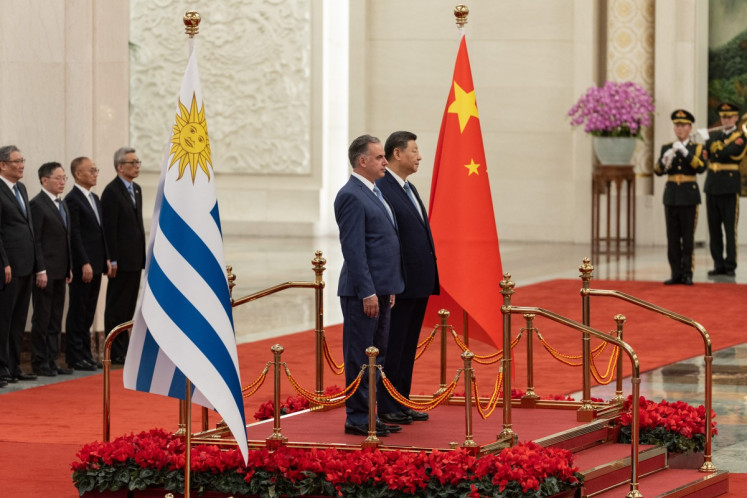Popular Reads
Top Results
Can't find what you're looking for?
View all search resultsPopular Reads
Top Results
Can't find what you're looking for?
View all search resultsExport beachhead into Europe
The Comprehensive Economic Partnership Agreement (CEPA) between Indonesia and the four-member European Free Trade Association (EFTA) comprising Switzerland, Norway, Liechtenstein and Iceland could go a long way toward expanding our trade with the whole of Europe.
Change text size
Gift Premium Articles
to Anyone
T
he Comprehensive Economic Partnership Agreement (CEPA) between Indonesia and the four-member European Free Trade Association (EFTA) comprising Switzerland, Norway, Liechtenstein and Iceland could go a long way toward expanding our trade with the whole of Europe because they are also part of the European Union single market.
The agreement with EFTA could also become a confidence-building brick for the Indonesian-EU CEPA negotiations, which have completed six rounds of talks but have yet to achieve significant progress. The seventh round of negotiations is scheduled for next March in Brussels, but not much progress is expected given the persistently contentious issue of sustainable palm oil and the election year with its heavy political agenda.
Within the short term, trade is potentially the sector that could provide the most benefits for Indonesia. Assuming that the House of Representatives would be able to ratify the agreement in the first half of 2019, Indonesian exports could enter the EFTA region in the second half with preferential tariffs that are much lower than the most-favored nation tariffs under the World Trade Organization rules.
True, Indonesian-EFTA two-way trade is still rather small, totaling only US$2.4 billion last year, of which $1.3 billion was Indonesian exports and $1.1 billion imports. However, the preferential tariffs provided under the CEPA could still help strengthen the competitiveness of Indonesian exports to the four countries.
This does not, however, mean that Indonesian companies and the government could simply relax the ongoing efforts and reforms needed to further strengthen the competitiveness of exports and the economy in general.
EFTA also has signed free trade agreements with 39 other countries and territories outside the EU in Eastern Europe, Africa and the Middle East, the United States and Latin America and Asia. Hence, Indonesia should compete fiercely with exports from these countries, which also enjoy preferential tariffs entering the EFTA countries.
Businesspeople and trade officials cite industrial products based on natural resources such as palm oil products, coffee, fish and rubber as the most potential exports to EFTA countries, but the government needs to work harder to convince EFTA about the sustainability of palm oil, one of our biggest exports to Europe.
As regards other potential exports such as footwear, toys, textiles and apparel, furniture, the government needs to make a more concerted effort to make them more competitive with similar exports from other countries.
The CEPA agreement would also make Indonesia more attractive to investors from the four countries that intend to establish production bases to tap the 10-country ASEAN Economic Community. Norway and Switzerland are potential investors in renewable energy such as hydropower and wind power, as well as in pharmaceuticals and fish processing.
Indonesia could also benefit from the capacity-building program included in the CEPA agreement, especially in regard to the development of institutional capacity in managing the environment.










